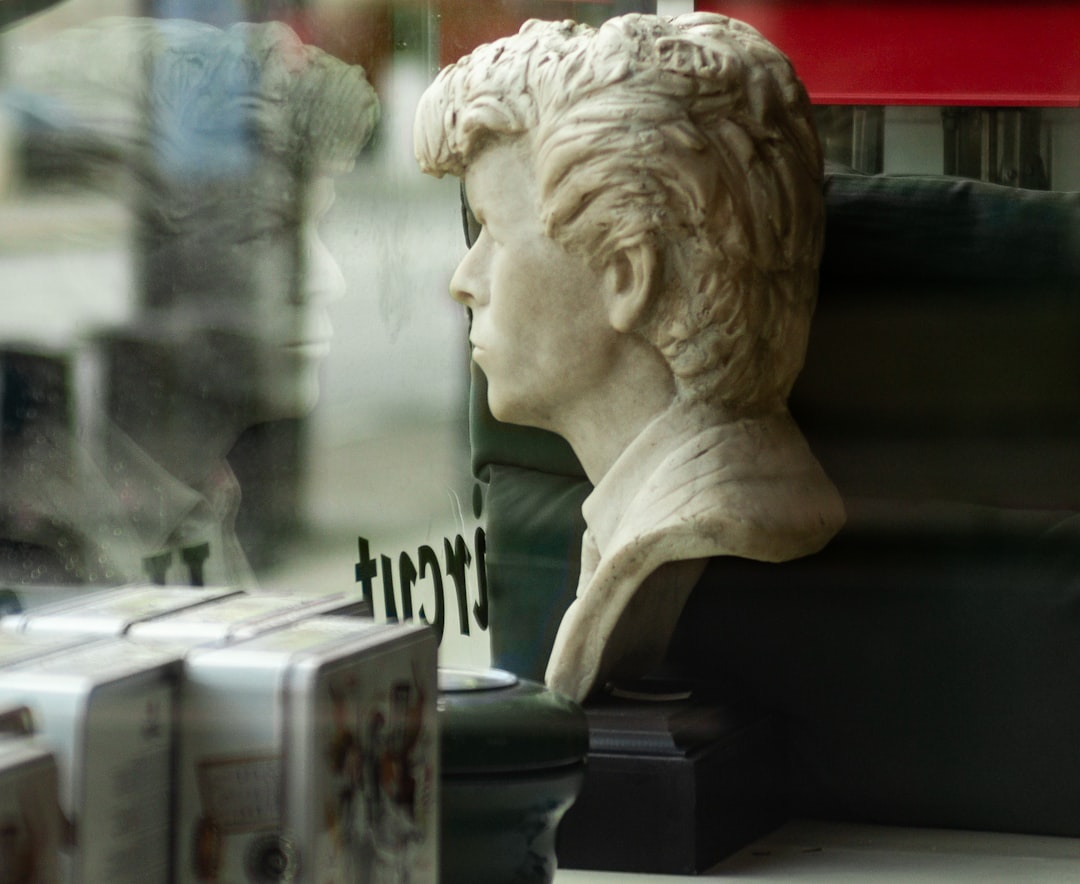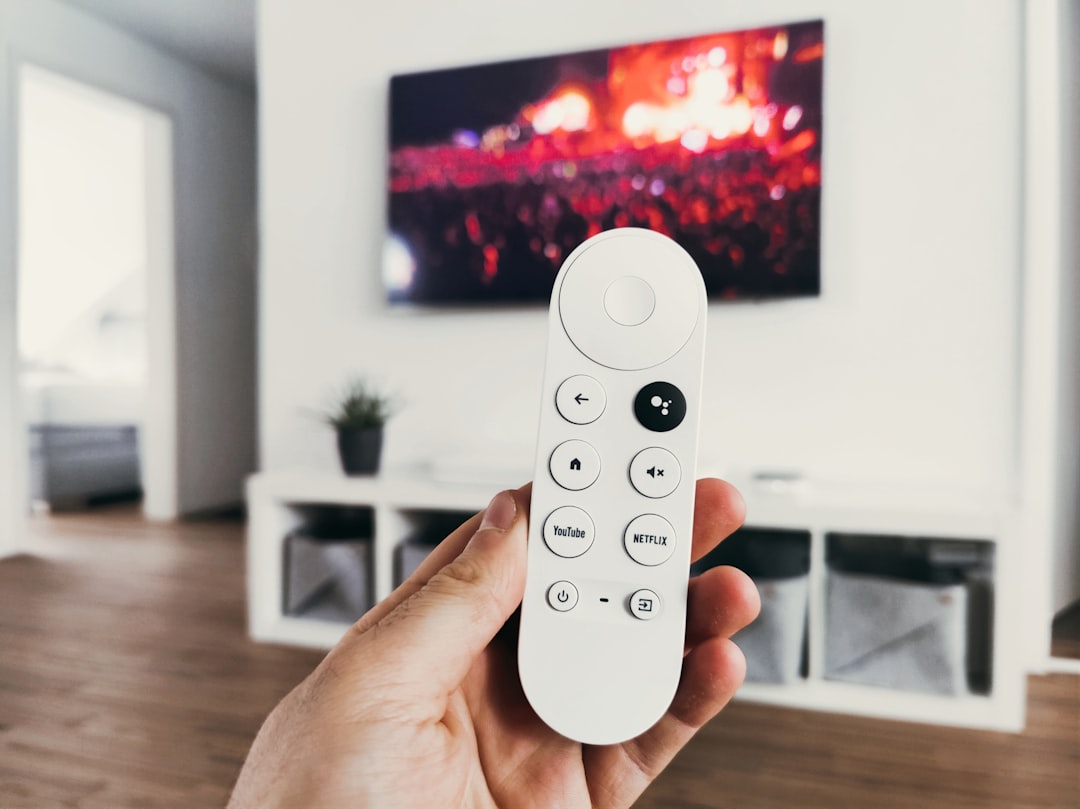Should DJs Pay Producers With Gig Money?
Aslice tackles DJs vs. producers inequity with goodwill and peer pressure.
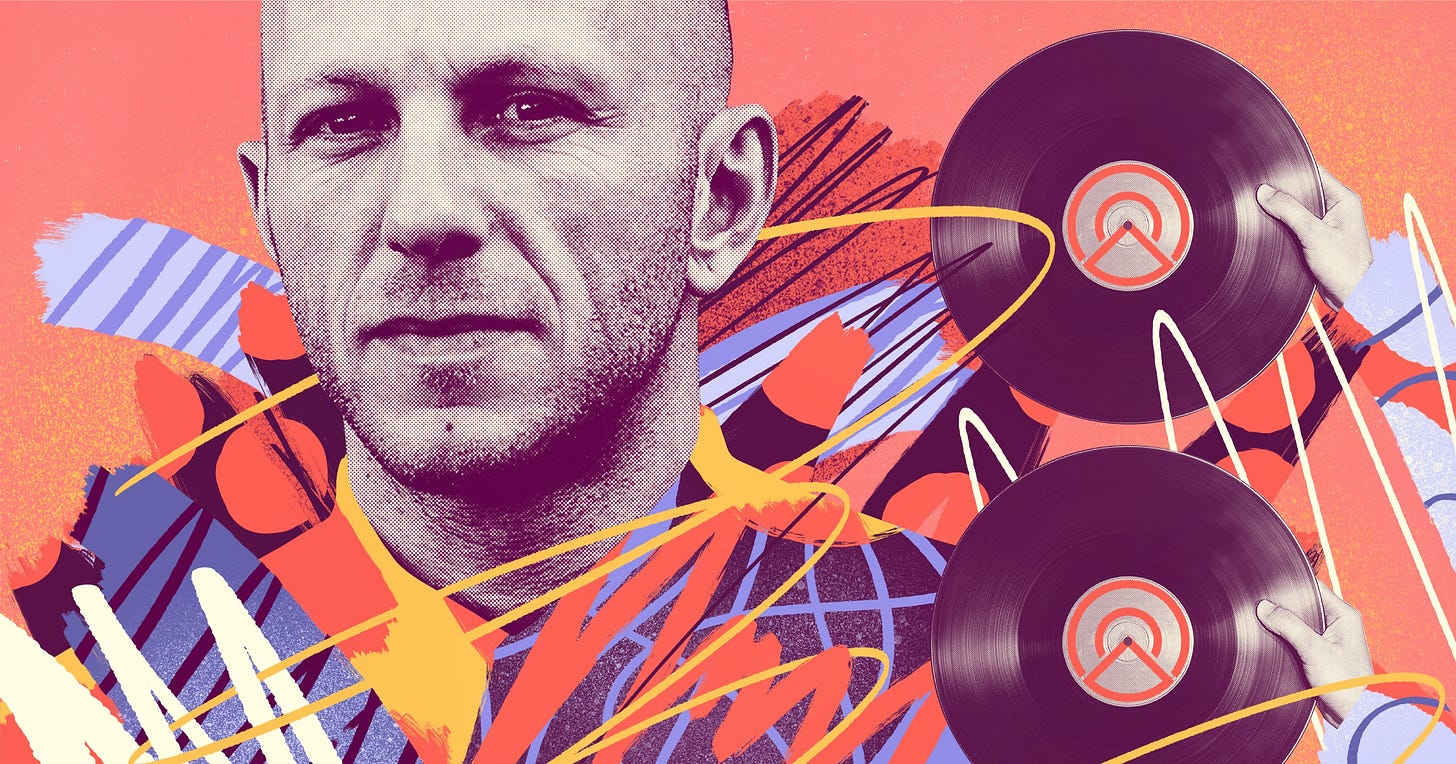
When the pandemic grounded frequent flying techno DJ DVS1, the Minneapolis native chose not to follow the live streaming trend that many of his peers look to as a replacement for closed clubs. Instead, he set about solving a problem that has perplexed his corner of the industry for some—how to fairly compensate the producers whose tracks make up the majority of the music played by DJs collecting five-figure fees at clubs and festivals around the world.
What he came up with is Aslice, a new company launched by DVS1 (real name Zak Khutoretsky) and Ethan Holben to give music producers “a slice” of the pie every time one of their tunes is played. The program enables DJs to voluntarily share a percentage of their fees with the producers, and it does so while minimizing the friction and fantasy often encountered when dealing with the recorded music biz.
But an idea so obvious couldn’t possibly be that simple, as DVS1 explained on a call from Tel Aviv, where his globe-trotting gig schedule is just picking back up.
Congrats on the new company.
This couldn't have been timed any crazier. Launching the company and my shows restarting simultaneously pushed me to my limits. I realized that I don't stop, because I'm playing gigs on the weekend, and then on Monday morning, I've been getting up at 6:00 AM talking to my developers and working on things to get ready for the launch. Now that we are public, those things still haven’t slowed down!
That's intense. How many people are you?
The main team is relatively small, considering the big job we’ve taken on. Then there's a development team of about 10 people and a designer working on our aesthetic and social media campaigns. Once we launched, we quickly realized we needed another person to do administrative tasks, however, we’ve automated so many processes that we can scale as needed with the growth and adoption of the service.
The more we perfect our automation and machine learning, the more we can keep it to a slim team and not have to overgrow ourselves too quickly. This is important for us to keep in mind because I'm funding this project on my own.
I was gonna ask if you’re bootstrapping this.
When we started working on the idea, I reached out to a few people and got estimates of the cost to build the website and the app. In order to finance it, I decided to mortgage my house. Then, once I started explaining the idea to outside people, a few of them said, “I love this. Do you want investment?” And I decided to say no for a couple of reasons. One is that I don't want to answer to other people’s alternative interests. Second, I wanted this to stand on its own. I knew I could give it a kickstart as an artist within the community, however, I wanted it to stand alone as a good idea, as a functioning technology, and as a solution to a problem. I trust myself and my moral compass to pursue and execute this idea, and I believe it helps that I have a clean track record in this community.
Do you think people get skeptical when tech money comes into the music business?
As we talked with other artists — and in some cases blindly emailed them — even if they only knew a bit of me, they knew that they could at least trust me enough to hear me out. Whereas, if we had taken outside funding and been represented by people that were not intimately connected to our community, maybe they would have held back or not given us their time. Or even, in some cases, wanted to be paid for trying the platform.
Being self-funded, I could look at people without hesitation and explain that this was all voluntary. The entire premise of Aslice is voluntary. No one is going to pay anyone for their support or use of the service. We took a grassroots approach and spoke to over 400 artists through either direct calls or weekly group presentations and demos.
That’s a small upside to the pandemic. You would never have gotten that many folks if everyone was touring.
Absolutely! The downtime gave everyone some headspace to respond and give their time. There was a moment when we had a handful of Dutch artists scheduled to attend meetings, and suddenly Holland opened up overnight, and everyone started canceling. About one month later, the government shut everything down again, and everyone wrote us asking for a reschedule.
Now it seems like things will really stay open, which makes the timing of the announcement perfect.
To be honest, I believe it couldn't have been better in terms of timing. Initially, I had fantasized about this dropping and changing the world in one day. But I quickly realized that this was going to be a slow roll uphill.
We're introducing something very new to a lot of people. We have to first educate them in the most straightforward context about what the problem is because they might not even know there is a problem. Then teach them how to create a new habit, a new normal of sharing and uploading after every gig.
How are you approaching onboarding in that regard?
The private beta phase required all of the onboarding to be one-on-one. The public beta phase has now opened the doors to the first interested group of artists who see the possibilities and are excited by the potential change that could come. The current press helped make our introduction, now we have to find ways to ride this momentum and keep spreading the message and educating people along the way.
What I’m really excited about is the impending launch of the fan section in a few months. That's the moment when a lot of people are going to suddenly see the big picture because the fan section is going to open up all the information that we're gathering and close the loop between artists and fans.
All the playlists we collect are going to be open for people in some way. You'll be able to look up things like how many playlists have been reported from Fabric in London, or how many playlists were reported from a club in New York. You’ll be able to look up your favorite DJ or producer and follow their movements, successes and contributions to the system.
A healthy bit of peer pressure.
I’ve seen the questions asking if we really believe DJs will do this simply out of goodwill? The truth is that some of them will do it because they honestly believe it's the right thing to do. Others might do it when they realize the tax benefit. Some DJs may do it for the social benefit. The reasons you do this don’t matter because the results and positive effects are more important.
That’s why we’re building social tools so that DJs have some alternatives on Monday morning when they are trying to think of ways to say thank you. The tools will give them a way to say, “I did something good, I helped X amount of producers through my playlist uploads this week.”
And what about onboarding the producers, many of whom aren’t even good at getting the money from the PROs or whatever that’s already out there?
Producers will have to go through a process of validating and being verified because they're the ones getting the money. But we can start collecting the money for them before they’re in the system. We’re prepared to do the work of going out and finding the producers and letting them know there’s a check with their name on it once they clear the payment threshold of $50. We plan on being proactive in tracking down artists.
We’ve built a machine-learning algorithm that scans proprietary databases like Discogs, Beatport, Traxsource and others. Our next extensive integration is to connect with all the promo companies and get access to their databases and API of pre-released music. We’re also developing metadata standards that will assist producers in tagging unreleased music before sharing the tracks with DJs. But right now, even without direct API access to everyone, we're getting 82% returns from our machine learning database, which will continuously get better as the system gets used.
And what happens with anyone you can’t track down?
As I mentioned, if someone reaches the $50 payout threshold, we will find them. 99.99% of artists can be found on the internet and communicated to through social media. We can hold money legally on behalf of an artist for a few years before it becomes a tax liability for Aslice. We believe we can track artists down within that time frame.
This all sounds very equitable, which is a term that has in many ways been adopted by the Web3 community. Do you see this intersecting with those technologies in the future?
I knew you’d be the first one to ask me about this.
When we contacted a few artists early on who were crypto enthusiasts, they wondered if Aslice had any blockchain involvement? The way I responded was to explain that we're trying to educate people on a new habit first. Imagine if, on top of that, we also had to educate them on how to get a crypto wallet set up. I really believe we would have lost so many people at that introduction.
We are attempting to implement a new standard of sharing built on tools that everyone currently uses and has access to. My goal with Aslice is to help fix a broken system that exists today. In the future, if and when Web3 and blockchain are proven to be trusted and adopted by a large part of our industry, we will adjust and integrate.
IMAGE OF THE WEEK

TAKEAWAYS
Salient statements from this week’s music news.
1. Seven Years After Its IPO Collapsed, Deezer Is In Talks To To Go Public Again – Via A SPAC
The French streaming service with 2% of the global market is close to merging with “entertainment and leisure” SPAC I2PO, which would take it public.
Takeaway: Paris-headquartered Deezer’s last attempt at a public listing fell apart in 2015. Today, those market conditions look rather different: In 2015, according to updated IFPI figures, the global recorded music industry generated $14.7 billion annually, of which just $2.8 billion (19%) came from streaming. In 2021, the global recorded music industry generated $25.9 billion annually, of which $16.9 billion (65%) came from streaming.

2. Live Nation’s Veeps Launches on iOS, Android, Roku TV for Live Streaming Concerts
The upcoming summer concert season could reveal if the pandemic promise of live streaming concerts has legs post-COVID.
Takeaway: According to a survey from the announcement, four out of five people plan to continue watching live streams. 90% of respondents said they would pay for a live stream of a concert they couldn’t personally attend.
3. Bigger Sound In Smaller Packages, As Sonos Buys Mayht For $100M
The Dutch startup has designed transducers reported to be 10x small with the same sound quality.
Takeaway: The company has been pushing towards making speaker tech smaller, lighter, and more portable. Smaller, lighter speakers also means the tech can be built into more interesting enclosures, as the company has been demonstrating with Ikea over recent years, including the Symfonisk speakers, and the way-cooler-than-it-has-any-rights-to-be picture frame speakers.
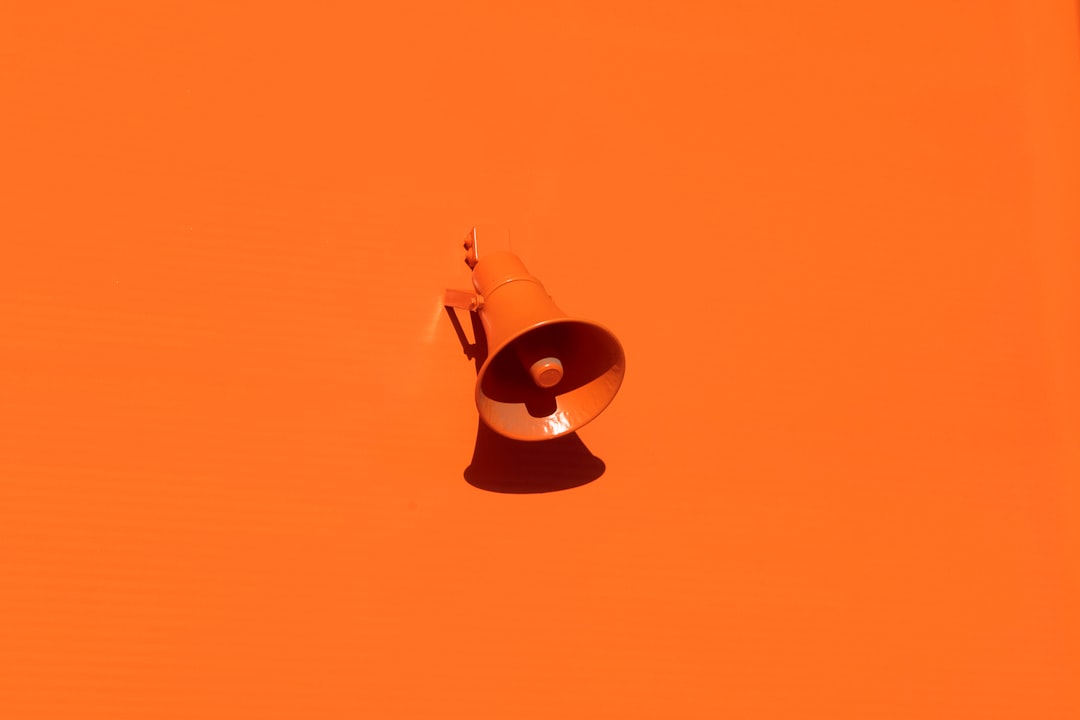
4. Ingrooves Claims New Patent Can Drive ‘Double Listener Streams’
A case study of the company’s new AI-driven marketing tech generated 7.5 streams per listener, while traditional [promotional] methods generated only 2.6 streams per listener.
Takeaway: Ingrooves claims that audiences discovered with its tech are more likely to stream a specific artist’s music with a deeper engagement. That means they’re more likely to become long-term fans, generating revenue for the artist in multiple different ways.
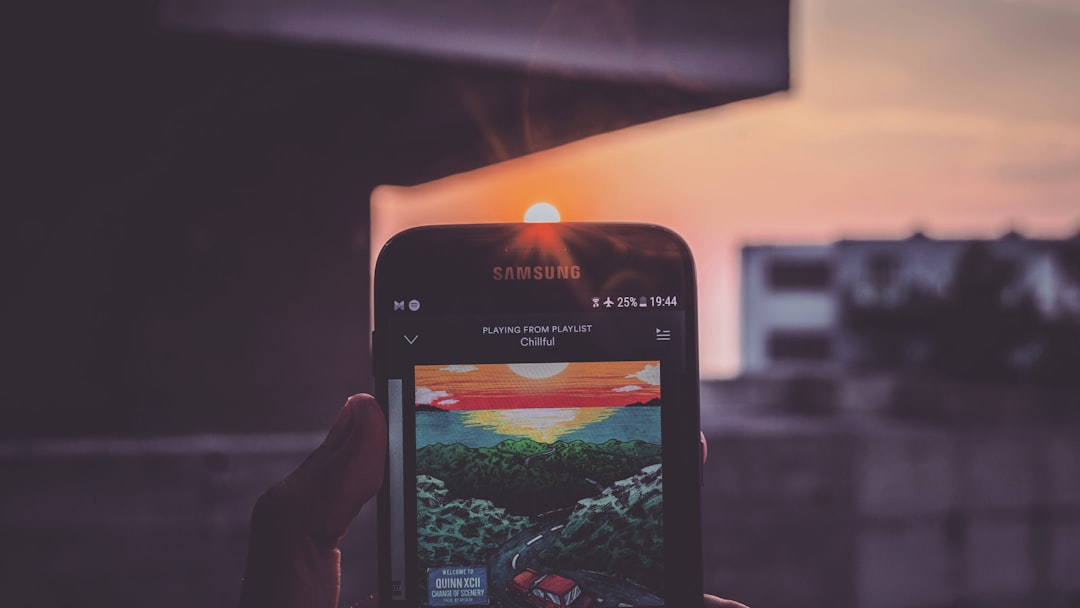
5. David Bowie Documentary ‘Moonage Daydream’ Is Coming to Theaters, HBO
The first officially-sanctioned Bowie doc will hopefully wipe away the deluge of lesser content crafted since the singer’s 2016 death.
Takeaway: [Director] Morgen was assisted in the effort by Bowie’s long-time collaborator, friend and music producer Tony Visconti; sound mixer Paul Massey (Bohemian Rhapsody); sound engineer David Giammarco (Ford v. Ferrari); the sound design team of John Warhurst and Nina Hartstone (Bohemian Rhapsody); and visual effects producer Stefan Nadelman (Kurt Cobain: Montage of Heck).
